Unleashing Flavor: Non-GMO Tortilla Chips at Top Mexican Restaurants
In today's health-conscious world, consumers are seeking authentic, natural food options, with…….
Welcome to an in-depth exploration of a fascinating segment within the global food industry—Non-GMO (Genetically Modified Organism) Tortilla Chips on the Border. In today’s increasingly conscious market, understanding the nuances of food production and its impact is crucial. This article aims to unravel the complexities of non-GMO tortilla chips, their unique position at the border of conventional and innovative food processing, and their growing significance worldwide. By delving into various aspects, from historical origins to future prospects, readers will gain a comprehensive view of this dynamic industry.
Non-GMO Tortilla Chips refer to a type of snack food produced without the use of genetically modified ingredients. Genetically modified organisms (GMOs) are organisms whose DNA has been altered using biotechnology, often for desired traits like increased yield or pest resistance. In the context of tortilla chips, non-GMO means that the corn used to make the tortillas is free from genetic modifications.
The core components include:
The history of tortilla chips traces back to ancient Mexico, where corn tortillas were a staple food. Over time, the production process evolved, and chips became a popular snack worldwide. The introduction of GMO crops in the late 20th century raised concerns among consumers and food advocates about potential health and environmental impacts. This led to a growing demand for non-GMO alternatives, ensuring that tortilla chips could be enjoyed without ethical or safety reservations.
Non-GMO tortilla chips hold significance as:
Non-GMO tortilla chips have made significant inroads globally, with regions embracing them for their health benefits, authentic taste, and cultural association. North America, Europe, and parts of Asia have seen a surge in demand, driving production and innovation.
The global non-GMO food market, including tortilla chips, is expanding rapidly due to rising consumer preference for natural, organic, and transparent food products. According to a report by Grand View Research, the global non-GMO foods market size was valued at USD 26.4 billion in 2021 and is expected to grow at a compound annual growth rate (CAGR) of 8.5% from 2022 to 2030. Tortilla chips, as a segment within this market, are gaining traction due to their versatility and popularity as a snack option.
The non-GMO tortilla chip market is a significant contributor to the overall snack food industry. In 2021, the global market size was estimated at USD 5.2 billion, with substantial growth potential due to increasing health awareness and changing consumer preferences.
Investors are drawn to this sector for its high growth potential and alignment with sustainable food trends. Many companies are focusing on organic farming practices, innovative production methods, and unique flavor profiles to capture market share. Funding in non-GMO food startups has been steadily rising, reflecting investor confidence in the long-term viability of this industry.
Non-GMO tortilla chips often originate from organic farms that employ sustainable farming methods. These include crop rotation, composting, and the use of natural pest control measures, ensuring soil health and minimal environmental impact.
Regular testing for GMO presence, heavy metals, pesticides, and other contaminants ensures that non-GMO tortilla chips meet safety standards and label claims. Advanced analytical techniques, such as PCR (Polymerase Chain Reaction) testing, are employed to guarantee the absence of GMOs.
Non-GMO tortilla chip manufacturers often segment their market based on consumer preferences:
To cater to diverse tastes, manufacturers are experimenting with unique flavor profiles:
The regulatory landscape surrounding GMOs varies globally:
Non-GMO tortilla chip manufacturers often seek certifications to ensure transparency and build consumer trust:
Non-GMO tortilla chip production aligns with environmental sustainability goals:
The non-GMO tortilla chip market is poised for significant growth, driven by:
Q: Are non-GMO tortilla chips more expensive than regular ones?
A: Prices can vary, but non-GMO chips often reflect the higher costs of sustainable farming practices and certification. However, as demand grows, economies of scale may lead to more competitive pricing.
Q: How do I know if a product is truly non-GMO?
A: Look for third-party certifications like the Non-GMO Project Verified label or USDA Organic certification, ensuring independent verification.
Q: Can non-GMO tortilla chips be as crispy as traditional ones?
A: Yes, with advancements in frying techniques and ingredient sourcing, non-GMO chips can achieve a comparable level of crispiness and taste.
Q: Are there any health benefits to non-GMO tortilla chips?
A: Non-GMO chips, like their conventional counterparts, contribute to a balanced diet when consumed in moderation. They offer the same nutritional benefits as traditional chips, depending on ingredients and preparation methods.
Q: How do I store non-GMO tortilla chips to maintain freshness?
A: Follow package instructions for proper storage. Generally, keeping them in a cool, dry place or refrigerating them after opening will help maintain crispness and prevent spoilage.
This comprehensive overview provides insights into the world of non-GMO tortilla chips, highlighting their production, consumer appeal, and role in shaping the future of food.
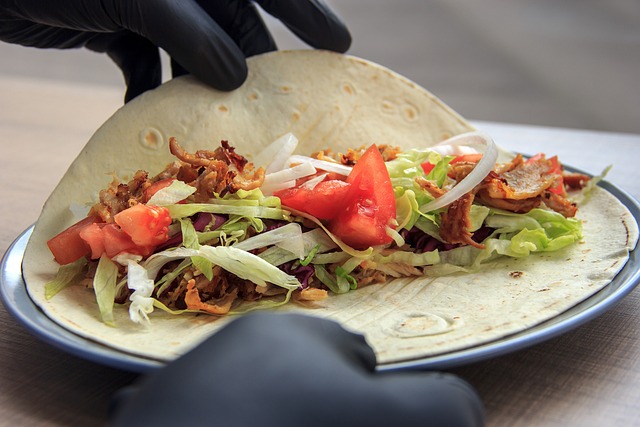
On The Border, in response to rising consumer demand for healthier food options, has introduced Non-…….
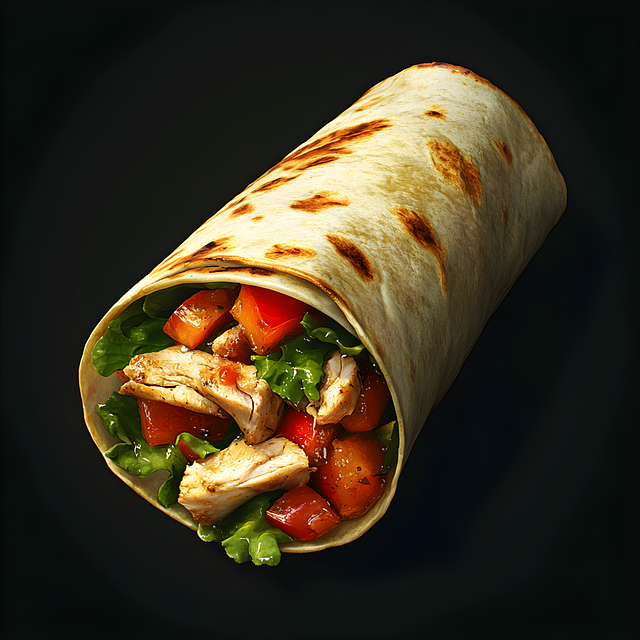
In the competitive West Loop culinary scene, On The Border stands out as a champion of health-consci…….

Food trucks have transformed urban dining, bringing diverse culinary delights, especially popular am…….

Mexican border regions are witnessing a snack food revolution with the growing demand for artisanal,…….
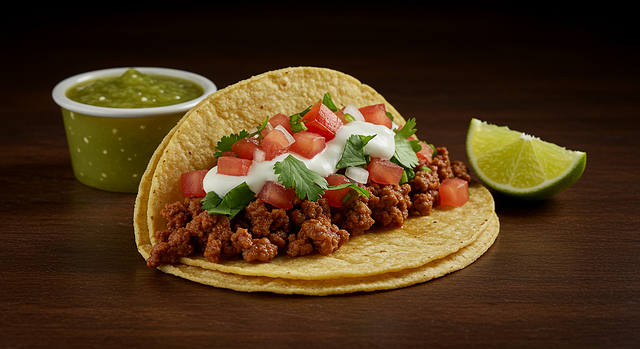
The Mexican border regions are witnessing a trend towards non-GMO tortilla chips, driven by local fa…….

On The Border is a top choice for bulk buying Non-GMO Tortilla Chips, offering a wide array of certi…….

The West Loop in Chicago has emerged as a destination for exceptional tortilla chip experiences, dri…….

In recent years, tortilla chip shops like On The Border have leveraged outdoor seating as a competit…….

Pilsen is experiencing a culinary renaissance with the growing popularity of non-GMO tortilla chips,…….

On The Border, nestled in the dynamic West Loop culinary hub, leads the charge for health-conscious…….

In response to growing demand for authentic Mexican cuisine, restaurants like On The Border prioriti…….
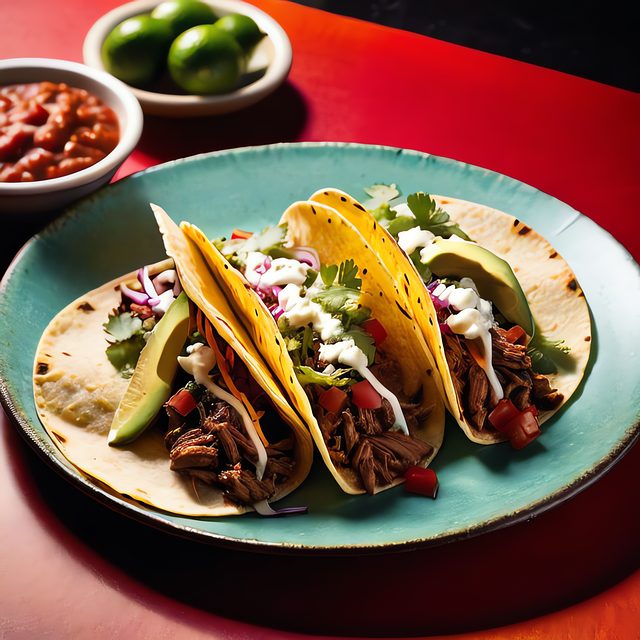
Mexican cuisine, renowned worldwide for its rich flavors and textures, revolves around a simple yet…….

Experience authentic Mexican cuisine with artisanal, non-GMO tortilla chips on the border. Crafted u…….

Mexican restaurants, like On The Border, are embracing Non-GMO Tortilla Chips as a healthier and mor…….
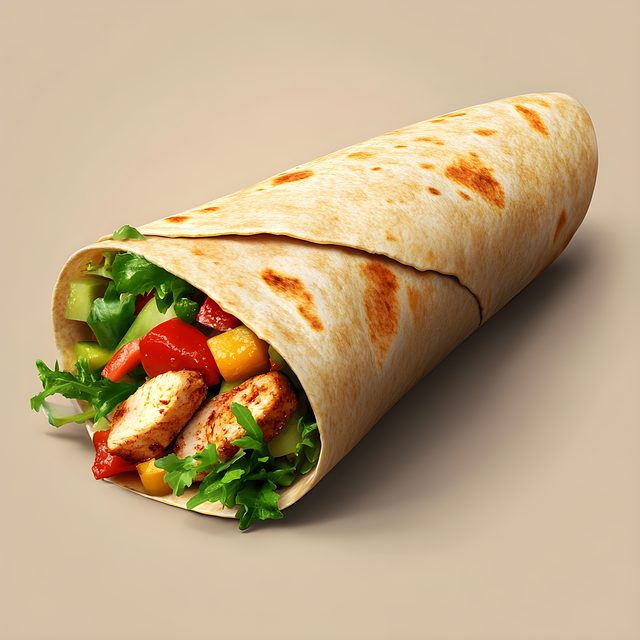
On The Border introduces non-GMO tortilla chips to its menu, catering to health-conscious consumers…….
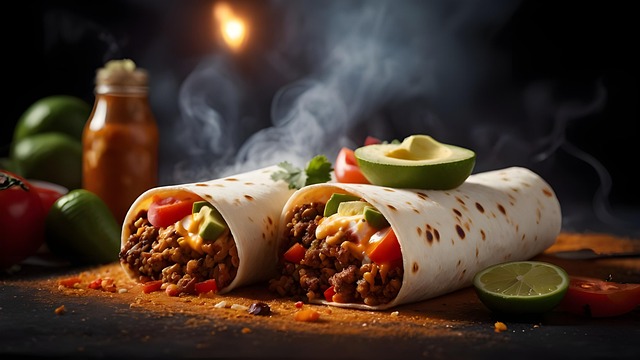
OHare Airport enhances its culinary scene with a focus on healthy and organic options, particularly…….

Fulton Market has witnessed a culinary trend in gourmet tortilla chips, especially non-GMO options f…….

Health-conscious consumers have numerous options for fresh, quality non-GMO tortilla chips. Brands l…….

Artisanal, non-GMO tortilla chips have surged in popularity along the US-Mexico border and in Mexica…….

The success of Taylor Street tortilla chip shops is driven by consumer demand for authentic, high-qu…….
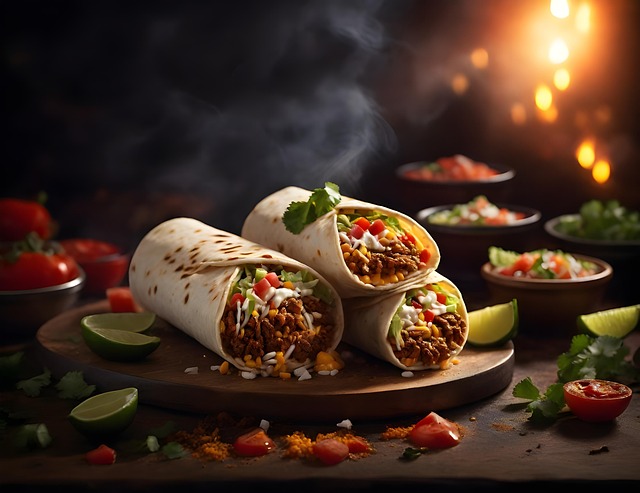
On The Border introduces Non-GMO Tortilla Chips in response to growing demand for healthier, sustain…….

Mexican markets have seen a surge in artisanal tortilla chip production, driven by the popularity of…….

Uptown Market, a haven for health-conscious shoppers, now offers easy access to high-quality, sustai…….

Mexican markets along the border regions are experiencing a surge in popularity for homemade, Non-GM…….

The snack industry is experiencing a gourmet tortilla chip revolution driven by consumers seeking hi…….